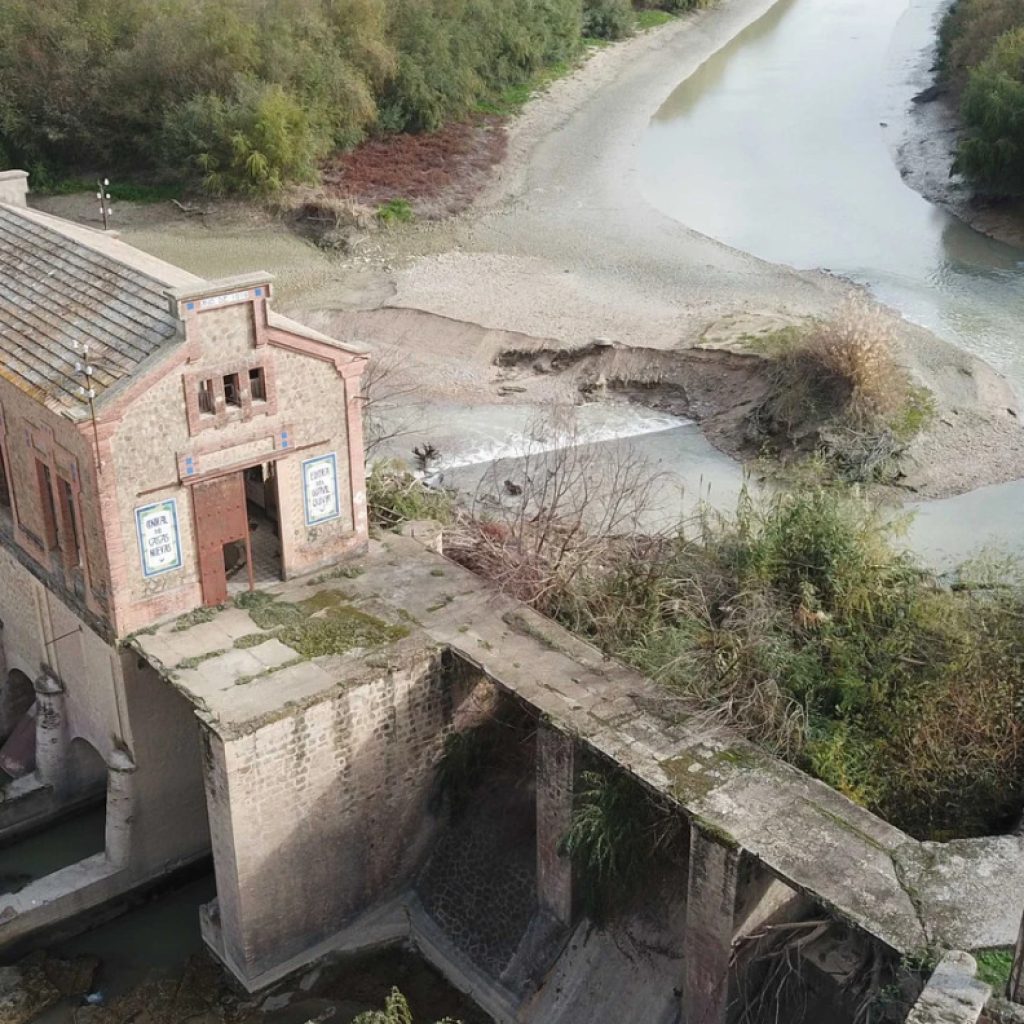Small hydroelectric power plants have unique advantages: it is a mature technology, economically viable and with a minimum environmental impact. (…) However, the mini-hydropower sector in Spain is currently experiencing a period of crisis that is manifested in the closure of plants and, therefore, in the decrease of installed capacity. (…) it is of vital importance to promote the use of small hydroelectric power plants by raising awareness, disseminating information and exchanging experiences on the use of renewable energy sources in different industries and small companies in particularly.
Hydropower is an internationally recognized clean and renewable energy source that plays an important role in global energy supply. Driven by growing energy demand and global climate change, many countries have prioritized hydropower development when expanding their energy sectors.
A singularity of this electricity production technology, and of great relevance compared to other renewable energies such as solar or wind power, is that it can be used when needed due to the availability of stored water, while in other cases its production is conditioned by the presence of solar radiation and wind.
Small hydropower has unique advantages: it is a mature, economically viable technology with minimal environmental impact.

Small hydropower has contributed greatly to solving the problem of rural electrification, resulting in improved living standards and production conditions, the promotion of rural economic development, and the reduction of poverty levels and greenhouse gas emissions.
Aerial view of the Casas Nuevas Hydroelectric Power Plant in Marmolejo (Jaén).
Source: La Razón Andalucía, 08.04.2024. Minihydraulic Energy, pioneer of renewable energies.
However, the mini-hydro power sector in Spain is currently experiencing a period of crisis which is manifested in the closure of power plants and, therefore, in the reduction of installed capacity. The production of electricity, as always, continues to be conditioned by the availability of water and, therefore, by the presence of rain and snow in the areas where these plants are located.
Installed capacity is concentrated mainly in four Autonomous Communities: Galicia, Catalonia, Aragon and Castile and Leon, which account for almost 2/3 of the total. The same is true for electricity production, as the first three regions mentioned above account for slightly more than 60% of national production with this technology.
In 2023, mini-hydro power will contribute €317 million to Spain’s Gross Domestic Product, compared to €641 million in 2022, according to the Study of the Macroeconomic Impact of Renewable Energies in Spain 2023, prepared by Deloitte for the Association of Renewable Energy Companies (APPA, 2024). This decline is due to the large drop in the Daily Electricity Market price, which fell from 167.52 euros per megawatt in 2022, to 87.10 euros per megawatt in 2023, according to OMIE (Electricity Market Operator). This significant drop in the average remuneration prices applied to the energy generated has had a negative impact on the remuneration recognized for mini-hydro facilities.
The situation of the sector already worsened when the Ministerial Order published in the Official State Gazette (IET/1344/2015, of July 2) was executed, by which the retributive parameters for URWATT (Association of Hydroelectric Power Producers of Spain) were approved. According to calculations made from the aforementioned Association, a plant with an installed capacity of less than 1 MW started to invoice less than half of what was entered before the aforementioned regulation. Likewise, the loss of employment in the mini-hydro sector is practically constant. It has gone from 1,299 employees in 2017 to 1,103 in 2023 (APPA, 2024). This trend is driven by the lack of new projects and the automation of some of the existing minihydro facilities.
The conflicts generated by the use of water in Spain, the authorizations needed to build the facilities, and the new economic regime for the production of electricity in this type of plants are factors, among others, that more than explain the current situation of stagnation and decline in the sector, and the likelihood that this regression will continue over time.
Finally, UNIDO (United Nations Industrial Development Organization), in its capacity as a specialized agency of the United Nations, promotes inclusive and sustainable development, as well as the implementation of the Sustainable Development Goals (SDGs) associated with industry, in particular Goal 9: build resilient infrastructure, promote inclusive and sustainable industrialization and foster innovation. UNIDO understands that access to a reliable and low-cost source of energy for productive purposes, while renewable, can generate economic, social and environmental benefits, such as increased industrial competitiveness, job creation and higher wages.
Therefore, it is of vital importance to promote the use of small hydropower plants by raising awareness, disseminating information and sharing experiences on the use of renewable energy sources in different industries and small businesses in particular. These actions could accelerate productivity, the industrialization process and regional economic development. These trends are in line with the objectives of the World Small Hydropower Development Report, i.e., the promotion of a greater share of this valuable energy source in the energy mix.
The latest UNIDO report can be reviewed.

